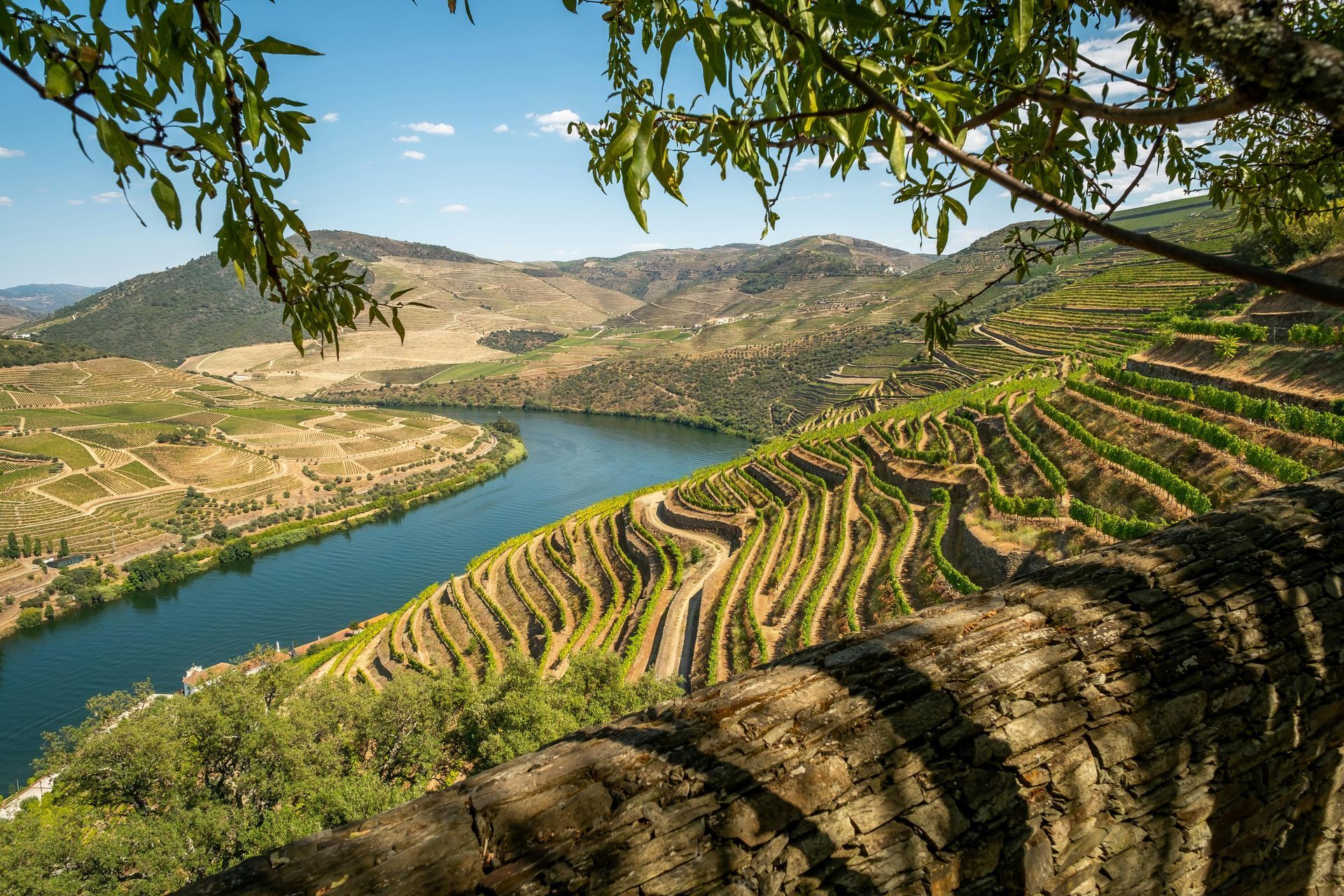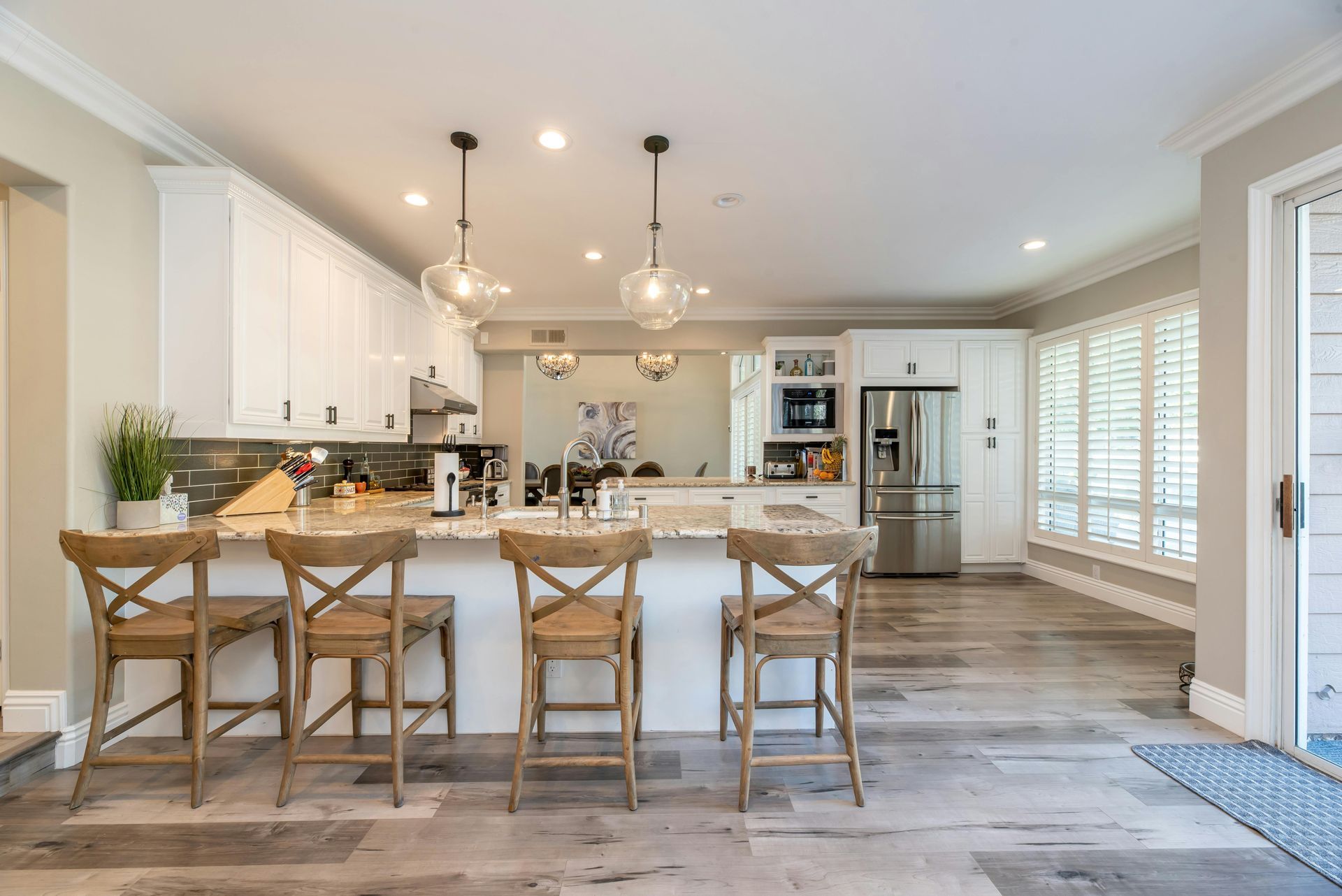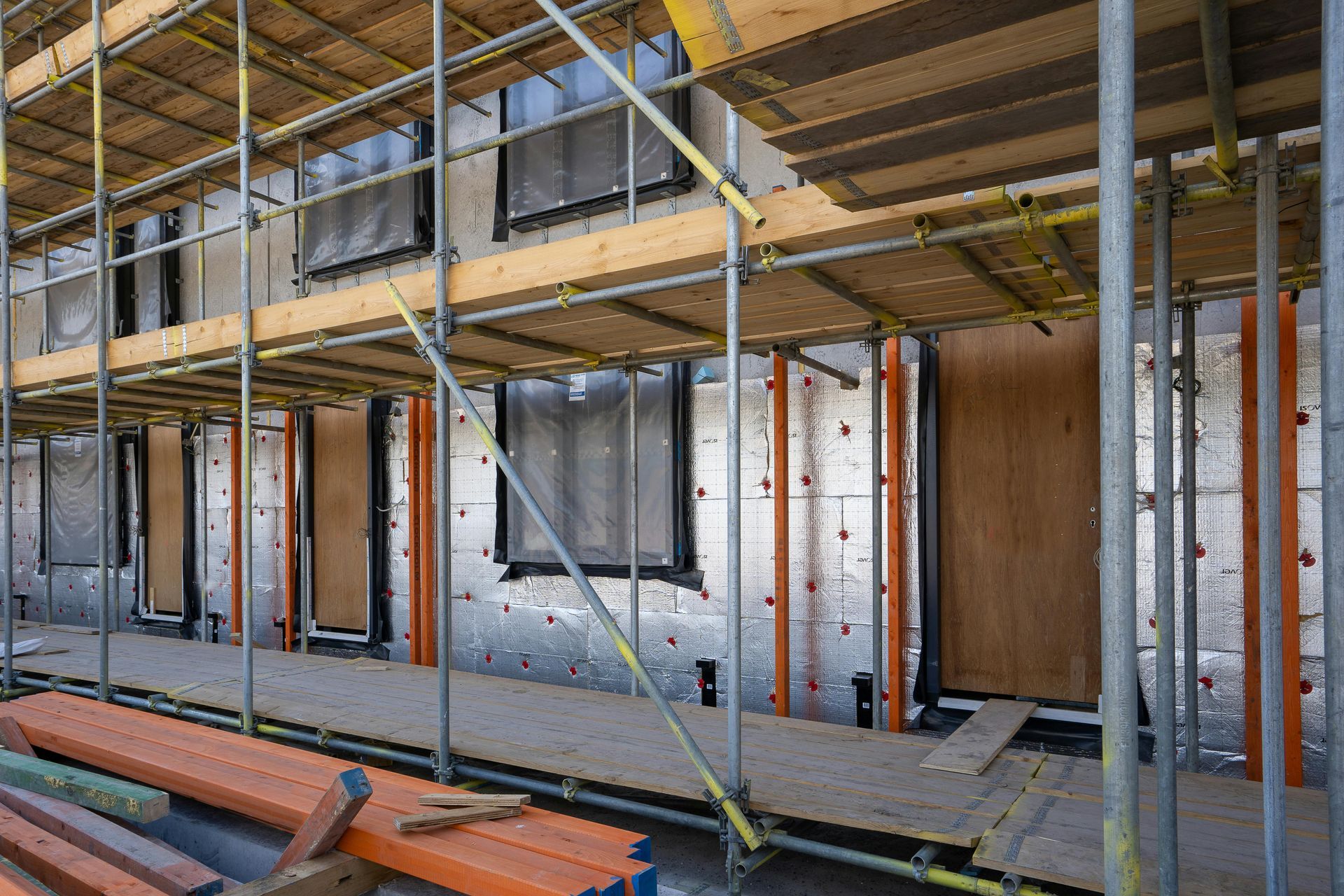Everything you need to know about marriage in Niger
Niger, officially known as the Republic of Niger, is a West African country where thousands of marriages are performed annually.
The country is popular for having some of the world's largest uranium deposits. More than 98 percent of the total population of Niger are Muslims, and most of the principles guiding the act of marriage are based on customary laws. The types of marriages accepted in the country are civil, religious, and customary marriages. Customary marriages are primarily performed by native Nigeriens, and foreigners who plan on getting married in the country may conduct a civil or religious marriage. Child, early, and forced marriages are quite common in Niger.
The minimum legal marriage age for boys and girls is different. That of the male spouse is 18 years, while that of the female spouse is 15 years. Under special circumstances, spouses below these ages may be allowed to perform a marriage in Niger. In the Human Development Index, Niger ranks last, with a high level of poverty running across the country. There are several factors that contribute to the high number of child marriages in the country. About 76 percent of the total number of marriages performed in the country involve one or more spouses below the age of 18. The high level of poverty and gender inequality in the country are major reasons for the high number of child marriages.
Since the country uses customary law and the principles of Sharia, early marriages are prevalent. Generally, in Islam, Sharia law permits both male and female spouses who have reached the age of puberty to get married. Over the years, there have been various propositions to amend the marriage age bill so as to ensure equality between both spouses by raising the minimum age of girls to match that of boys at 18 years. Continue reading to find out more about the marriage traditions in Niger.
Civil marriages
Civil marriages in Niger must take place in the city hall known as the Mairie. There is not a lot of flexibility with the choice of location of marriage in the country, and if any marriage ceremony is performed outside the city hall, it may result in its nullification. All civil marriages performed in Niger are legally binding. The civil marriage is conducted by the Nigerien Civil Authority (officier de l’état civil). This includes the mayor and any authorized representative. In this country, marriage can only take place between two unrelated people. Spouses who are related either by blood or adoption are not allowed to perform a civil marriage in Niger. This law applies to both foreigners and native Nigeriens.
If the laws of the country of a foreigner accept the marriage between adoptive siblings or parents, such laws are not transferable to Niger. Foreigners are required to comply with the marriage laws of Niger to get married in the country. Civil marriages can also be performed at the embassy or consulate of Niger in another country. This option is often explored by citizens of the country who are abroad temporarily for one reason or another. At the embassy, some of the documents required may be slightly different from those at city hall. The city hall used for the marriage ceremony must be located in the same municipality where the spouses live.
More attention is now paid to the marriage age in Niger so as to reduce the number of child marriages and early marriages.
Therefore, marriage officers pay a lot of attention and carry out background checks where necessary to ensure all the information provided during the marriage registration is true. The process of verifying documents for foreign spouses may take more time than that of a Nigerien national. During the marriage registration, both spouses are required to provide witnesses who will also sign the marriage certificate. The witnesses provided must be at least 18 years old and have the legal capacity to act as witnesses in a marriage ceremony. The country does not allow proxy marriages.
Both spouses must be physically present from the time the marriage application is submitted until the marriage is registered. To perform the ceremony, the spouses often do not have to pay any fees; however, there are fees that must be paid in order to obtain the marriage certificate. To speed up the process of getting married, the spouses may be required to pay some extra fees too. Also, to perform a civil marriage, both spouses must be single. Customary marriages allow polygyny; however, the reverse is the case with civil marriages. A single man is only allowed to marry a single woman at a given point in time. The documents required during the marriage registration are stated below.
Documents Required
- A valid means of identification. This includes a Nigerien national ID card or a valid passport from a foreign spouse.
- Copies of certified birth certificates must be provided by both spouses.
- Both partners are required to provide at least two unrelated spouses who are at least 18 years old.
- The witnesses provided are also required to submit valid means of identification.
- A certificate of residence may be required from a foreign spouse. This certificate is often obtained from the central police station.
- Affidavit of marital status This is a document that will show that both spouses are single at the time of marriage.
- Certificate of freedom to marry
Religious and customary marriages
Religious and customary marriages are recognized and protected by law in Niger. The process of contracting either of these marriages is quite different from that of civil marriages. About 99 percent of the total population of Niger is Muslim. Christianity and Animism are practiced by less than 0.5 percent of the population. The rest of the people in the country have no religious affiliations. Most of the laws guiding marriage in the country are customary laws.
Right from the beginning, traditional marriages have been popular in Niger, where various unique ceremonial rites are performed during the ceremony. Muslim marriages often involve the participation of both families. The planning period for these types of marriages often takes months, and the actual wedding ceremony itself can last for multiple days. How long the wedding takes often depends on the financial buoyancy of the spouses and their respective families. Muslim marriages often include the "nikah," where the bride and groom sign a marriage agreement stating the responsibilities of both partners in the union.
Marriage traditions in Niger
Dowry
To get married in Niger, the groom is required to go to the bride's family's house to make an official marriage proposal. If the family of the bride accepts the groom's proposal, the groom is presented with a dowry, which must be paid in full to the bride's family before they can continue with other marriage preparations and the final ceremony.
Mahr
The Mahr is a unique custom in Muslim weddings. It generally refers to an obligation that must be carried out by the groom. The groom is required to give the bride a mahr, which can be money or any other item agreed upon such as livestock, landed properties, etc., before the final marriage processes take place.
Wedding Feast
Wedding ceremonies in Niger are often filled with a lot of food and drink. The bride's family often hosts the wedding feast, where the groom's family is invited as well as other members of the family and friends. A lot of traditional meals are served during the wedding feast, and the party often lasts for several hours.
Same-sex marriages in Niger
Same-sex marriages are illegal in Niger. The status of being a homosexual holds legal status in the country; those who practice this have no form of discrimination protection. To date, there are still a lot of people in Niger who frown at the idea of homosexuality.
Polygamous marriages in Niger
Polygamy is legal under the customary laws of Niger. A man is allowed to marry more than one wife, provided he treats them equally and fairly in a traditional marriage. Marriages performed civilly have a monogamous nature and should only be between a single man and a single woman. However, there are cases where this law is not abided by.
Marriage Laws and Rights, Costs and Duties
Laws
The law of marriage in Niger is regulated by three sources of law known as the public law, Islamic law, and customary law; they all work hand in hand to create the rules for marriage in the country. In Niger, the legal age for marriage is set at 21 years for both men and women without parental consent, but couples who are 18 and 15 years old, respectively, are required to provide parental consent before they are allowed to contract marriage in Niger. Both the husband and wife are required to give consent to marriage; they must be in a stable state of mind to be able to contract marriage, and they both must have an accurate understanding of the concept of marriage before they are allowed to contract marriage.
Around 99% of the population is Muslim as stated earlier; therefore, a large number of marriages are conducted according to the dictates of Islam. While the husband is allowed to give consent and contract marriage by himself, the wife is not allowed to do so. Her legal guardian, Wali, or father is responsible for consenting to the marriage on her behalf; her consent to the marriage is thought to be her silence in response to the marriage agreement. The law also states that Muslim men are allowed to contract marriage with non-Muslim women, while women are not allowed to do the same. Same-sex couples are not allowed to carry out any activity, let alone contract marriage, in the country.
Cohabitation and informal unions are not recognized by the law of the country; the only recognized marital union in Niger is a civil marriage or religious marriage, also known as an Islamic or customary marriage, done according to the law of the country and the dictates of the couple's religion or according to customs and traditions in the country. All marriages must be registered under the law, and failure to do so attracts a punishment of paying fines to the government. Polygamy is allowed under the Islamic laws of marriage; a man is allowed to marry more than one wife at the same time, while the concept of polyandry is forbidden in the country. The law that states that all couples must be single at the time of marriage does not apply in Niger since polygamy and bigamy are allowed in the country. A divorced or widowed woman is required by law to provide a certificate of death or divorce to prove that previous marriages have been dissolved.
Rights
Despite the various laws of marriage in the country, the rights of married couples are determined by the Islamic laws; therefore, women are not granted the same rights in marriage as men. The husband and wife have equal rights in certain things, such as the right to procreate and raise the children according to the beliefs of the couple, the right to participate in certain economic and political activities without restrictions, and that's about it. The remaining rights of women are limited by the law, such as the right to exercise parental authority or to be regarded as the legal guardian of the children. This right belongs to the father alone; he is also granted the right to be recognized as the head of the household; the wife does not possess this right, and even at the demise of the husband, the right is passed to the next male in the family of the husband.
The right to work is limited for the wife as well; the husband has the autonomous right to stop her from working if he thinks the work is affecting her role in the home, even if he is not working. In terms of the right to divorce, the husband has the total right to divorce his wife without reason through the use of talaq; all he has to do is utter "I divorce you" three times, and the divorce stands. On the other hand, the woman only had the right to divorce if she could prove her reasons to the court beyond a reasonable doubt. The only other way a wife has the right to divorce is through khul, where she is required to pay a certain amount of money to her husband to grant her divorce.
The wife has the right to demand maintenance from her husband for herself and the children, and in return, the husband has the right to demand obedience from his wife by all means. The right to move around freely without restrictions is available to both the husband and wife; however, under customary and religious laws, the wife is obligated to receive permission from her husband before she can travel or leave the house. Unlike unmarried women, married women do not have the right to choose their own residence; they have to live with their husbands, who have the right to decide the residence of the family.
Costs
Marriage in Niger is a big deal due to the bad economy of the country. The groom must pay the mahr, or dowry, to the bride's family; the dowry often includes livestock, groceries, and sometimes money; it all depends on what the bride's family requests and how wealthy the groom's family is. The average cost of marriage is estimated to be around $500-$1,000, and the total cost of the dowry is estimated to be around $200-$300, and many couples have to save for many years to be able to afford it.
Many couples in rural areas do not bother to have a proper wedding after the dowry has been paid, and many couples start living together. The number of guests invited to the ceremony determines how much will be spent by couples. The average cost of renting hotel accommodations starts at $82 per night, which makes a total of $246 for three nights, and if accommodations are given to at least 15 people, it would cost around $3690.
Duties
The duties and responsibilities of the couple are spelled out by the law in Niger. The husband and wife have a duty to protect themselves and the family; they are obligated to take care of the children by providing a conducive environment for their growth and development, a proper education, and a moral background, as well as ensuring that they grow up to become upstanding citizens of the country.
The husband is obligated to provide for all the needs of the family as well as provide constant maintenance for his wife. The wife is obligated to love and respect her husband at all times; she must obey him and never question his authority. She must also make herself available to him at all times and never question his authority or decisions. The wife is obligated to care for her husband, visitors, and her in-laws regardless of what she thinks about them.
Additionally, the husband has a duty to ensure that his wife receives no disrespect from anyone, whether family members or outsiders. While they have separate duties assigned to them according to their gender roles, they have joint duties that defy these stereotypes, such as the management of resources in the home, the family finances, and so on.
Conclusion
Niger has various marriage traditions that are unique to the country; however, most of these traditions are based on the religion of Islam. The majority of the people living in the country are Muslims, and customary laws primarily guide the act of marriage in Niger.
Niger is one of the poorest countries in the world, and the country ranks extremely low on the human development index. This has resulted in a lot of child marriages, where female spouses are married off at a very young age as a means of gaming money through the dowry or relieving the family of the burden of raising a child. The bill to increase the minimum marriage age for female spouses in the country has not been passed yet. We hope this article has helped you understand everything you need to know about marriages in Niger.
Source: MARRY ON CHAIN














